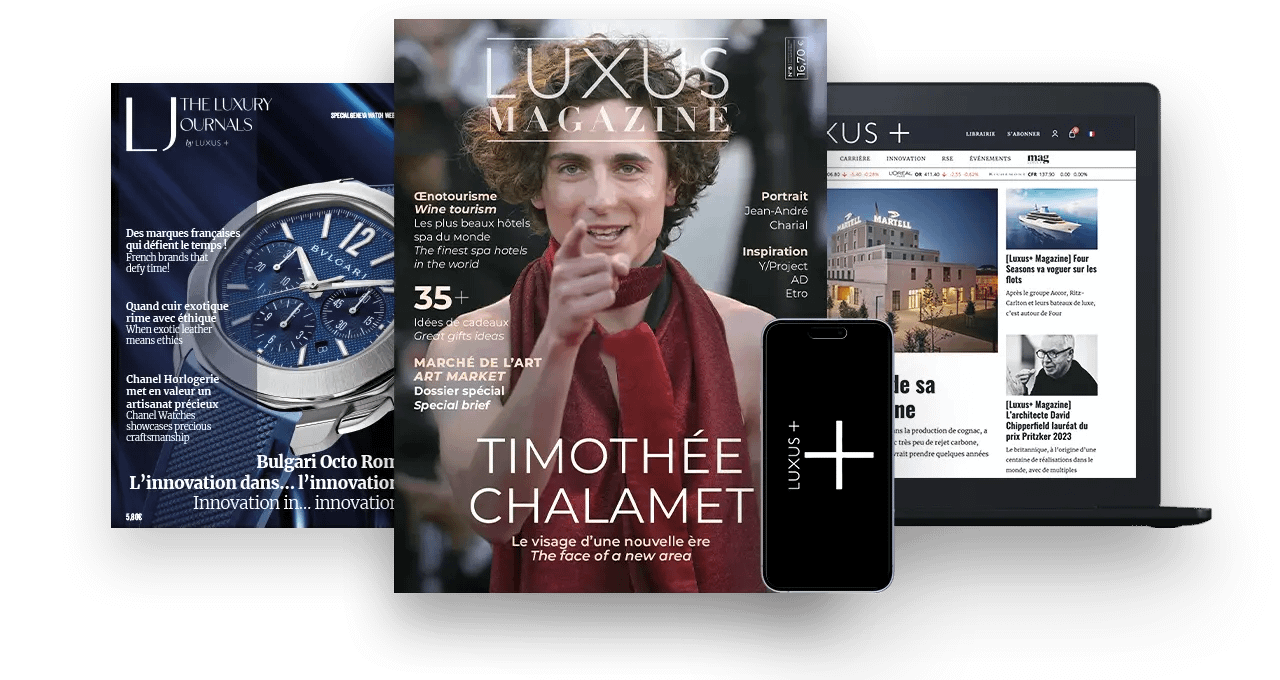The joint annual meetings of the International Monetary Fund (IMF) and the World Bank are returning to Africa, fifty years after their previous editions. In Marrakech, Morocco, the event takes place under the banner of reforming international financial institutions and climate financing, two critical issues for the African continent.
On October 9, 2023, marked the beginning of the joint annual meetings of the International Monetary Fund (IMF) and the World Bank in Marrakech, which is a historic event as it’s the first time in fifty years that these major gatherings are taking place in Africa.
Originally scheduled for 2021, this Moroccan edition was postponed twice due to the Covid-19 pandemic and then due to a deadly earthquake. The earthquake struck the region, causing approximately 3,000 casualties and significant damage, just a month before the arrival of numerous participants. However, the Moroccan government confirmed the event, emphasizing the importance of discussing the challenges facing Africa, including the debt crisis, climate change, and persistent poverty.
A third seat for African countries
During an opening speech on October 5th in Abidjan, Côte d’Ivoire, the Managing Director of the IMF, Kristalina Georgieva, highlighted the importance of Africa’s prosperity in the 21st century and proposed the creation of a third seat reserved for African countries on the boards of both institutions. This symbolic advancement aims to give the African continent a stronger voice.
On the World Bank side, the U.S. Department of the Treasury also expressed its support for this development, making it highly likely.
Six themes for a new mission
These annual meetings bring together central bank leaders, finance and development ministers, private sector stakeholders, representatives of civil society, media, and academics. Participants discuss general interest topics such as global economic prospects, global financial stability, poverty alleviation, promotion of inclusive economic growth and job creation, as well as climate change management.
In the context of the meetings, Morocco will focus its communication strategy on six main themes: financial and digital inclusion, sustainable development, reforms of international financial institutions, entrepreneurship and innovation, social safety nets, as well as tolerance and harmonious coexistence. The goal is to stimulate discussions on current regional and global issues.
Under the leadership of Ajay Banga, the World Bank is considering a major shift in its mission. Instead of merely reducing poverty and promoting shared prosperity, it would focus on “eliminating poverty on a livable planet.”
The World Bank also plans to engage in about ten countries where carbon emissions growth is critical. Ajay Banga believes that without adequate support for transitioning to renewable energy, the efforts of developed countries could be in vain. To achieve sustainable development goals and carbon neutrality by 2050, the private sector will need to play an increased role. The leaders of the IMF and the World Bank are therefore urging the private sector to contribute more to the necessary investments in emerging and developing economies.
Increased Financing Needs
Read also>WEALTH WILL LEAP AGAIN IN AFRICA
Featured photo : ©Press






































